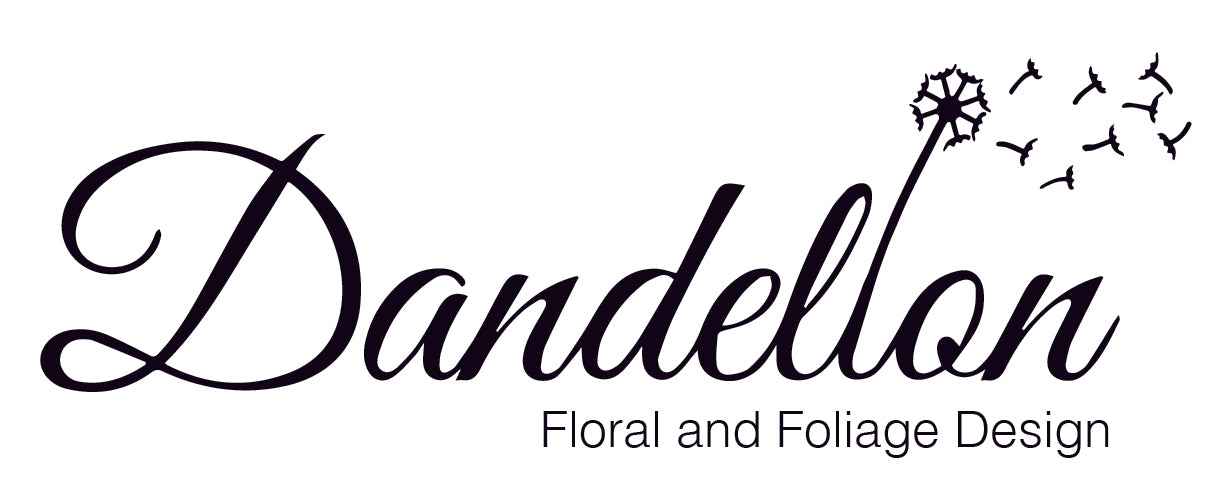Funeral flowers are typically chosen for their beauty, symbolism, and the comfort they provide to the grieving. Some common types of funeral flowers and their meanings include:
- Lilies
- Symbolism: Purity, restored innocence of the soul of the deceased.
- Popular Varieties: White Stargazer lilies.
- Roses
- Symbolism: Different colours carry different meanings:
- White: Reverence, humility, innocence.
- Red: Love, respect.
- Yellow: Friendship, remembrance.
- Pink: Grace, appreciation.
- Carnations
- Symbolism: Eternal love and remembrance.
- White: Pure love, innocence.
- Red: Admiration.
- Pink: Remembrance.
- Chrysanthemums (Mums)
- Symbolism: Death, grief, and mourning in many cultures, particularly in Europe and Asia.
- Popular in: White and yellow.
- Gladioli
- Symbolism: Strength of character, integrity, sincerity.
- Appearance: Tall, striking flowers that convey a message of remembrance.
- Orchids
- Symbolism: Eternal love.
- Popular Varieties: Phalaenopsis and Dendrobium orchids, typically in white or pink.
- Hydrangeas
- Symbolism: Deep understanding and heartfelt emotions.
- Popular Colours: Blue, white, or pink.

- Daisies
- Symbolism: Innocence, purity, and gentleness.
- Popular Varieties: White Gerbera daisies.
- Iris
- Symbolism: Faith, hope, wisdom, and courage.
- Popular Colour: Purple.
These flowers are often arranged in traditional funeral bouquets, standing sprays, or wreaths. White is the most common colour for funeral arrangements, symbolizing peace and reverence, but other colours can be used depending on the deceased's personality or cultural traditions.
Is flower box arrangement appropriate for funeral?
Yes, a flower box arrangement can be appropriate for a funeral, though they are less traditional than standing sprays, wreaths, or large floral tributes. Flower box arrangements offer a more compact, elegant way to express sympathy, and their lower profile can make them suitable for displaying in the funeral home, at the service, or even in the home of the bereaved.

Why a Flower Box Arrangement Can Be Suitable:
- Compact and Elegant: These arrangements are often more subtle and can be easier to transport or place in smaller spaces.
- Personal Touch: They can be customized with specific flowers, colours, and sizes that reflect the personality of the deceased or the sender’s sentiments.
- Longevity: Some flower boxes include plants or flowers that can be preserved longer or even replanted later, offering a lasting tribute.
- Less Formal: If the family or cultural practices call for a more casual or intimate funeral, a flower box arrangement may fit the occasion perfectly.
Considerations:
- Relationship to the Deceased: Flower boxes might be more appropriate for close family or friends, as they can convey a more personal and heartfelt message.
- Cultural or Religious Customs: Make sure the arrangement fits any cultural or religious expectations surrounding funerals. Some traditions may have specific guidelines about funeral flowers.
Whether a flower vase or a bouquet is better for a funeral depends on several factors, including the setting, the family’s preferences, and the message you wish to convey.
Flowers in a Vase
- Pros:
- Convenient Display: The flowers come already arranged in a vase, making it easy for the family to display at the funeral or take home afterward.
- Longer Lasting: Vases allow the flowers to stay hydrated, which can make them last longer compared to bouquets.
- Elegance and Practicality: A vase adds an element of sophistication, and the family can reuse the vase as a keepsake or for future arrangements.
- Cons:
- Less Traditional: Vases are less commonly used at funerals, where standing sprays, wreaths, or bouquets tend to be more traditional.
- Transport Issues: It may be a bit more cumbersome to transport and position vases compared to other arrangements.

Bouquet
- Pros:
- Traditional: Bouquets are more commonly associated with funeral services, especially in standing sprays, wreaths, or handheld tributes.
- Easily Arranged: Bouquets are versatile and can be placed in a variety of locations at the service, gravesite, or at the family's home.
- More Affordable: Typically, bouquets might be more cost-effective and easier to transport than vase arrangements.
- Cons:
- Requires a Container: Bouquets will need a vase or some form of container to keep them fresh, especially if the family takes them home after the service.
- Shorter Lifespan: Without a vase or proper hydration, bouquets may not last as long.

Key Considerations:
- Setting: If the flowers are for a funeral home or church service, both options work well. For a graveside service, a bouquet may be easier to transport and display.
- Family's Preferences: Some families may appreciate a vase as a practical and lasting gift, while others may prefer more traditional funeral arrangements.
- Personal Touch: A vase can be a unique, elegant gesture, especially if the intention is for the family to take the flowers home after the funeral.
Here are our collection of Sympathy Flowers:
 0493 395 886
0493 395 886 Mon - Fri: 10.00 AM - 4.00 PM Sat: 10.00 AM - 2.00 PM
Mon - Fri: 10.00 AM - 4.00 PM Sat: 10.00 AM - 2.00 PM
